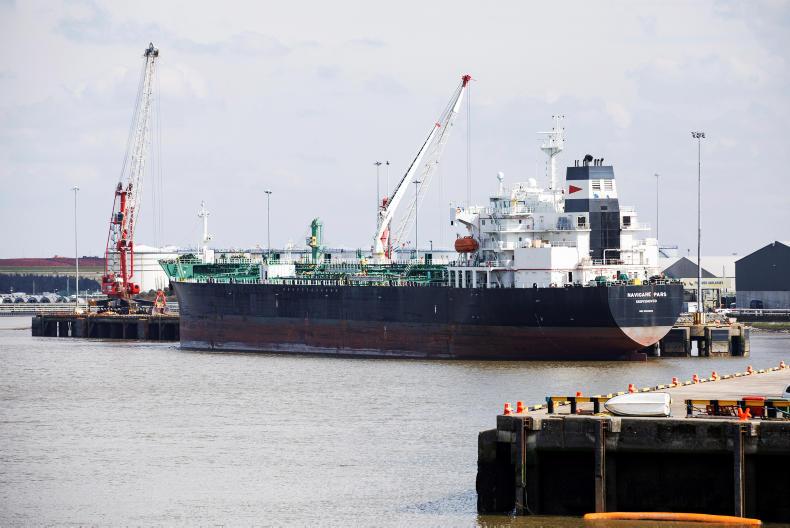Ever since the UK government and the EU agreed a new Brexit withdrawal agreement in October 2019, the agri-food industry in NI has been trying to work out whether it is a good deal or not.
In general, the industry welcomed the Theresa May Brexit plan, mainly because it kept all of the UK in the EU customs territory and set out a clear path for close alignment on future rules and regulations. The potential for major trade disruption was fairly minimal.
However, the latest deal maps out a different path, with NI following EU rules on goods, but with Britain retaining the ability to diverge if it so wishes.
With NI in an EU regulatory zone, it would mean checks on goods coming from Britain into NI, and potentially tariffs where these goods are at risk of moving into the Republic of Ireland.
Back door
Trade in the opposite direction should be relatively unhindered, but there has to be concern down the line, that if NI increasingly is used by EU importers as a backdoor route into Britain, then more controls might be necessary.
So in effect, the extent to which NI is separated from the rest of the UK would all depend on decisions taken by a future British government.
The more goods it imports that are not produced to EU standards, the more trade friction there will be in trade from Britain to NI.
And if it does not complete a free-trade deal with the EU, then goods moving through NI into Britain become more of an issue.
Therefore, it is no surprise that the response from the local industry to the Johnson deal has been lukewarm at best.
What happens next depends on the outcome of the UK general election. During that campaign perhaps the most striking slogan has been the Tory pledge to “Get Brexit Done”. The irony is that the Labour plan to negotiate a soft Brexit, and then hold a second vote, might actually be a quicker path to getting issues resolved.
Read more
Positive outlook for lamb in 2020
Brexit to bring more competition for UK farmers
Ever since the UK government and the EU agreed a new Brexit withdrawal agreement in October 2019, the agri-food industry in NI has been trying to work out whether it is a good deal or not.
In general, the industry welcomed the Theresa May Brexit plan, mainly because it kept all of the UK in the EU customs territory and set out a clear path for close alignment on future rules and regulations. The potential for major trade disruption was fairly minimal.
However, the latest deal maps out a different path, with NI following EU rules on goods, but with Britain retaining the ability to diverge if it so wishes.
With NI in an EU regulatory zone, it would mean checks on goods coming from Britain into NI, and potentially tariffs where these goods are at risk of moving into the Republic of Ireland.
Back door
Trade in the opposite direction should be relatively unhindered, but there has to be concern down the line, that if NI increasingly is used by EU importers as a backdoor route into Britain, then more controls might be necessary.
So in effect, the extent to which NI is separated from the rest of the UK would all depend on decisions taken by a future British government.
The more goods it imports that are not produced to EU standards, the more trade friction there will be in trade from Britain to NI.
And if it does not complete a free-trade deal with the EU, then goods moving through NI into Britain become more of an issue.
Therefore, it is no surprise that the response from the local industry to the Johnson deal has been lukewarm at best.
What happens next depends on the outcome of the UK general election. During that campaign perhaps the most striking slogan has been the Tory pledge to “Get Brexit Done”. The irony is that the Labour plan to negotiate a soft Brexit, and then hold a second vote, might actually be a quicker path to getting issues resolved.
Read more
Positive outlook for lamb in 2020
Brexit to bring more competition for UK farmers






 This is a subscriber-only article
This is a subscriber-only article










SHARING OPTIONS: